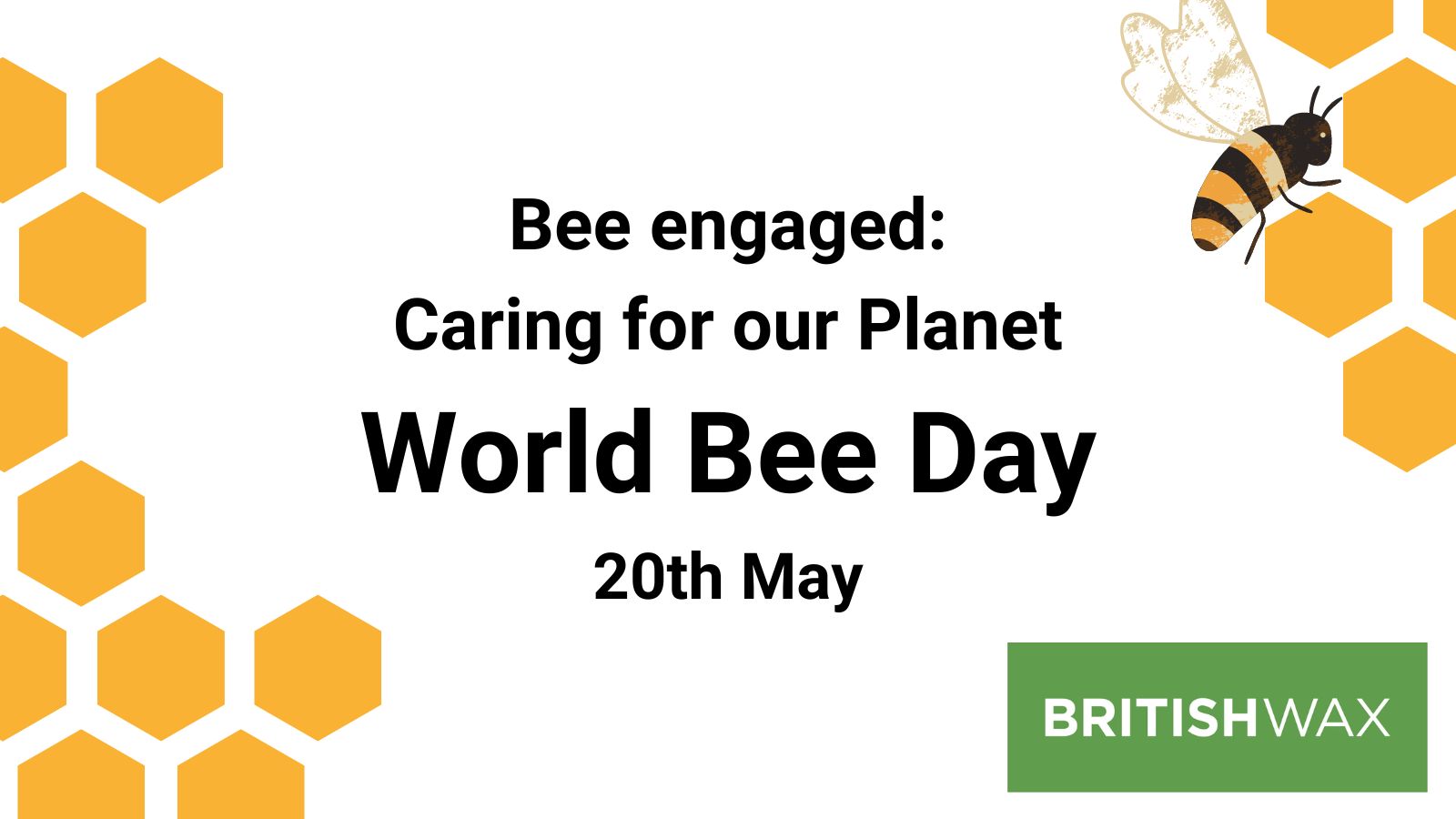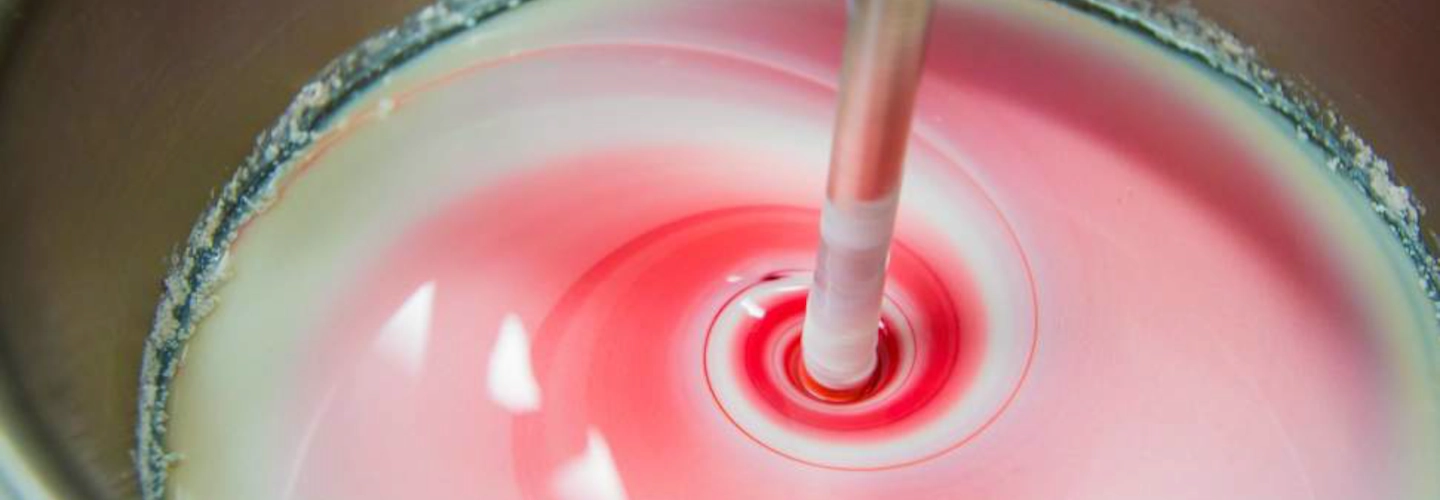Your cart is currently empty!
“We all depend on the survival of bees”

United Nations #worldbeeday #foodsecurity #climatechange #zerohunger
Human activities pose an increasing threat to bees and other pollinators including hummingbirds, bats and other insects. Animal pollination is essential for the survival of the ecosystems that we depend on:
UN Nations, Protection of honeybees and other pollinators: one global study (2021)
- More than 75% of the world’s food crops
- 35% of global agricultural land
- Nearly 90% of the world’s wild flowering plant species
The role of pollinators extends beyond simply ensuring food security; they are vital for maintaining biodiversity.
The United Nations has designated May 20th as World Bee Day to raise awareness about their importance, the challenges they face and their contributions to sustainable development. By acting to protect bees and other pollinators, we can help to address global food supply issues and eliminate hunger, especially in developing nations. Given the interdependence between humanity and pollinators, it is crucial we reverse their decline and prevent the loss of biodiversity on our planet – there is no Plan B.
Wild bees live on every continent except Antarctica and keeping bees is a widespread and globally impactful activity, sustaining millions of beekeepers, facilitating plant survival and reproduction, supporting forest regeneration, promoting sustainability, and improving agricultural production both in terms of quantity and quality. Bees and beekeeping represent the epitome of a “super-sustainable” activity, enabling ecosystems worldwide to thrive and survive.
Bees are incredible creatures. As well as turning nectar into honey, they produce wax from tiny glands on their abdomens. Nothing else performs quite like beeswax in nature’s larder. It has had a whole variety of uses through history, from use as a natural eco-plastic to an ingredient in cosmetics.
Beeswax is considered “super-sustainable” for several compelling reasons:
- Food security: Bees play a vital role in pollinating crops that form a significant part of the human diet, including fruits, vegetables, and nuts. If bee populations decline, crop yields will decrease, leading to higher food prices and potentially jeopardizing global food security.
- Biodiversity: Bees are crucial components of many ecosystems, as they play a fundamental role in pollinating wildflowers and other plants. A decline in bee populations would result in a loss of biodiversity and could even trigger the collapse of entire ecosystems. Supporting pollinators helps preserve plant and animal species.
- Ecological services: Pollinators provide a range of ecological services, including pest control and maintaining healthy soil.
- Carbon storage: Beeswax consists mainly of carbon, hydrogen, and oxygen.
The carbon it contains originates from carbon dioxide absorbed by plants during photosynthesis. Therefore, beeswax can be considered a form of carbon storage, helping reduce greenhouse gas emissions and mitigate climate change. - Carbon footprint: Compared to other waxes, beeswax has a relatively low carbon footprint. According to a life cycle assessment study by the National Institute of Standards and Technology, beeswax’s carbon footprint is estimated to be around 2.4 kg CO2 equivalent emissions per kg of beeswax.
This is significantly lower than the carbon footprint of paraffin wax, which can range from 2.2 to 4.7 kg CO2 equivalent emissions per kg of wax. - Biodegradability: Beeswax is biodegradable and non-toxic, it naturally breaks down without harming the environment. This makes it an more sustainable planet friendly alternative to synthetic materials that can persist in the environment for extended periods.
- Economic impact: Bees play a critical role in various industries, especially agriculture and horticulture. A decline in bee populations could significantly impact these industries, causing job losses and reduced economic activity.
- Local sourcing: Beeswax can often be sourced locally from beekeepers, reducing the need for transportation and supporting local economies. This aids in reducing the environmental impact associated with transportation and promoting sustainable economic development.
Unfortunately, there has been a concerning trend in recent years where beeswax is being phased out from formulations due to price concerns and claims related to vegan products. Mineral waxes such as paraffin and microcrystalline wax, derived from the petrochemical industry are often used as substitutes. These alternatives are non-renewable and are contributing towards climate change.
Without a comprehensive understanding of pollination and the importance of beeswax, cosmetic formulators seeking to develop more sustainable products may unknowingly work against their own sustainable ESG strategies by removing this vital super-sustainable ingredient. Encouraging the use of beeswax in formulations provides a commercial incentive for beekeeping and further supports the survival of these essential pollinators.
How can we support pollinators?
- Support World Bee Day on May 20th to raise awareness about the importance of bees.
- Plant pollinator-friendly gardens by including a variety of native flowers and plants that provide food and habitat for pollinators. Select plants that bloom at different times to ensure a continuous supply of nectar and pollen.
- Avoid using pesticides in your garden as they can be harmful to pollinators.
Opt for natural alternatives when possible. - Provide nesting sites for pollinators, such as leaving patches of bare soil or using nesting boxes for bees. Dead wood can also serve as nesting sites for wood-nesting bees.
- Reduce the size of lawns or leave areas un-mowed to create habitats that are more beneficial to pollinators.
- Support beekeepers by purchasing honey and other bee products, which encourages beekeeping and their efforts in providing habitats and food for bees and other pollinators.
- Advocate for pollinator-friendly policies: Support policies that protect and promote pollinator habitat, such as reducing pesticide use, planting pollinator-friendly habitats on public lands, and providing funding for research on pollinator health.
Supporting pollinators requires a collective effort involving various actions, including habitat restoration, reducing chemical exposure, promoting sustainable agriculture, and addressing the underlying causes of climate change. By making changes in our gardens, communities, businesses, and advocating for policies that protect pollinator habitats, we can help protect and promote these critically important species. Caring for bees and other pollinators is caring for the future of our planet.
Food and Agriculture Organization Bee Day – https://www.youtube.com/watch?v=4NmIDq81aRE
UN World Bee Day web page https://www.un.org/en/observances/bee-day
Recent posts

Looking to make your bottles unique and eye-catching?Our bespoke bottle sealing wax is tailored to the customer’s precise specifications, and adds a distinctive touch that enhances quality and…

We’re thrilled to announce that you can now purchase directly through our website with an online checkout!Currently, this e-commerce feature is available for a select…

Sealing wax has a rich and colorful history that dates back centuries, embodying both elegance and function. Originally used to seal important documents and signify…